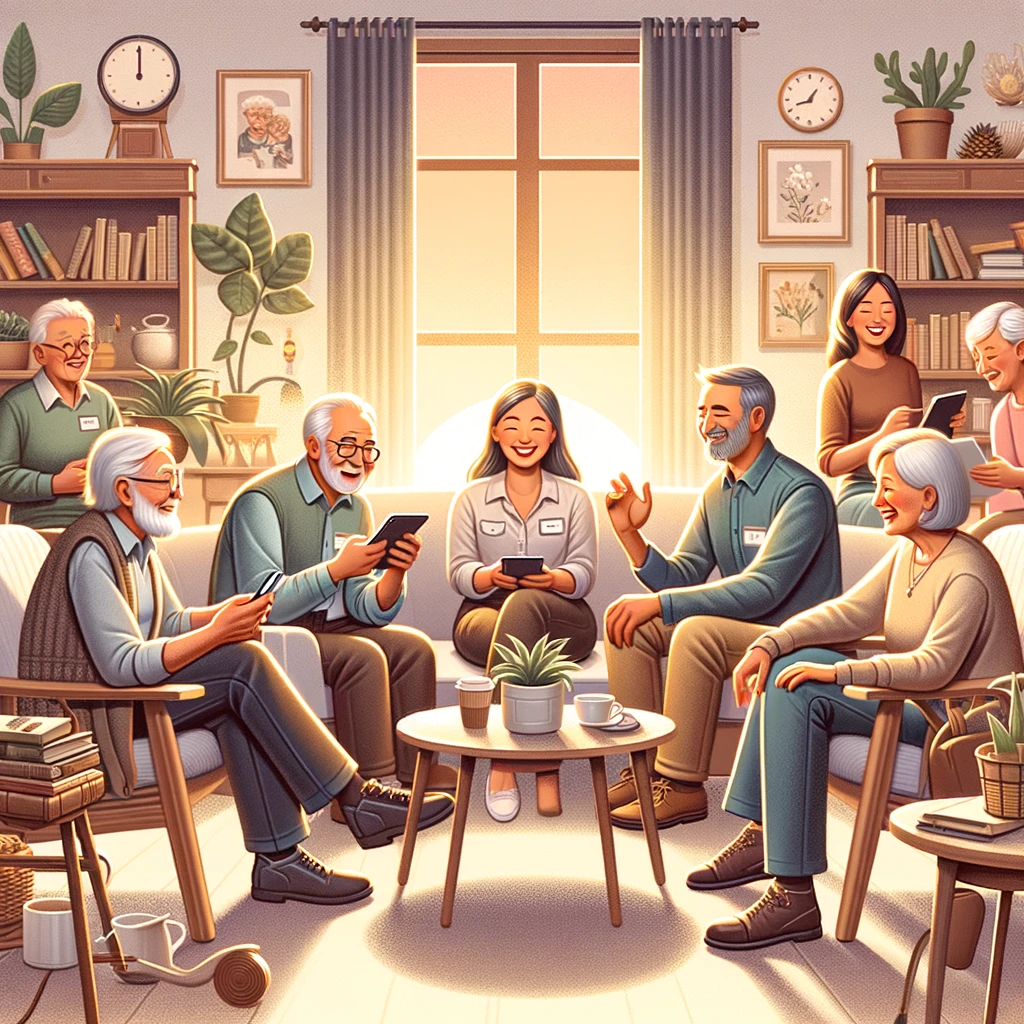
The generational gap between Baby Boomers (born between 1946 and 1964) and Millennials (born between 1981 and 1996) is more than just an age difference; it’s a chasm marked by divergent views on politics, economics, culture, and technology. This gap has sparked lively debates, misunderstandings, and, at times, admiration. Below, we explore 15 contentious issues that underscore the complex relationship between these two influential generations.
1. Work Ethic and Job Loyalty
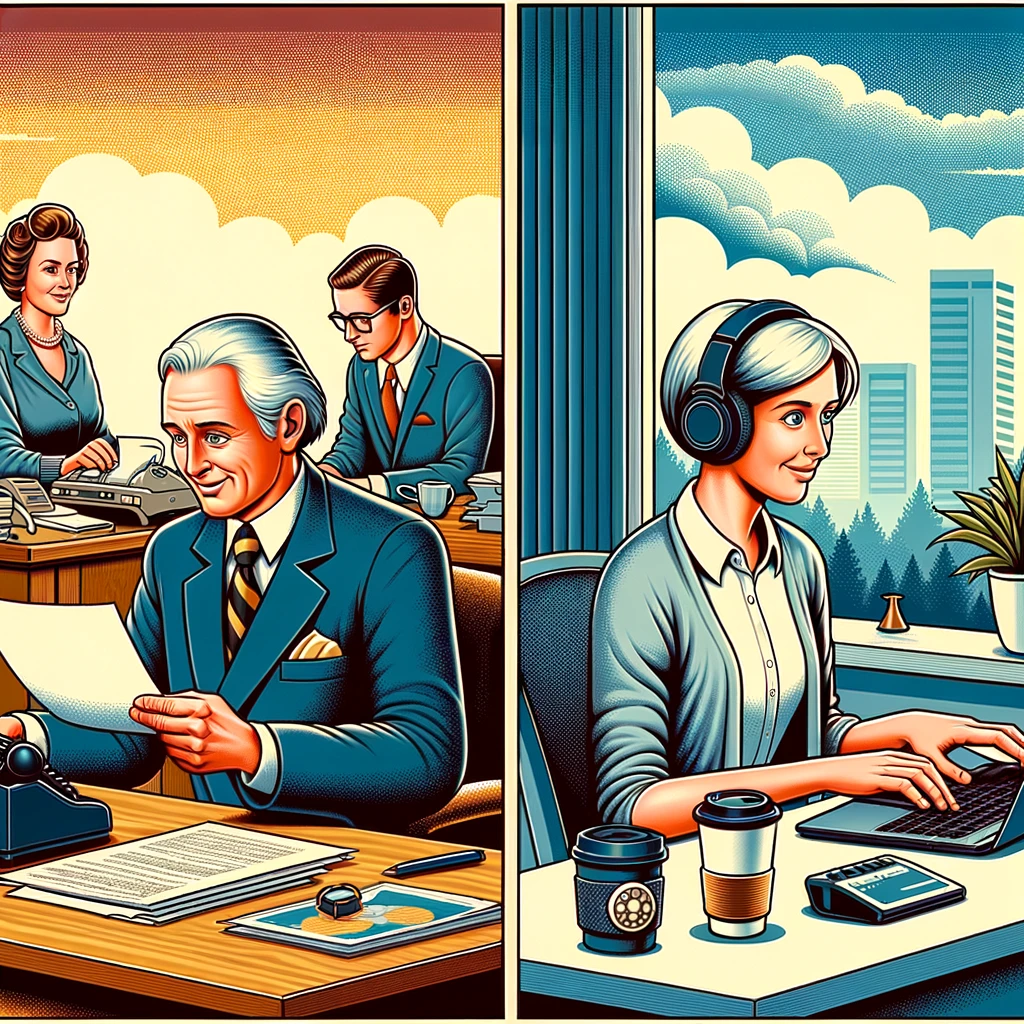
Baby Boomers are often described as hardworking and loyal to their employers, sometimes staying with the same company for decades. Millennials, conversely, are seen as valuing flexibility and personal fulfillment over job security, leading to the so-called “job-hopping” culture. This difference sparks debate over what constitutes a strong work ethic and the best approach to career development.
2. Technology and Digital Literacy
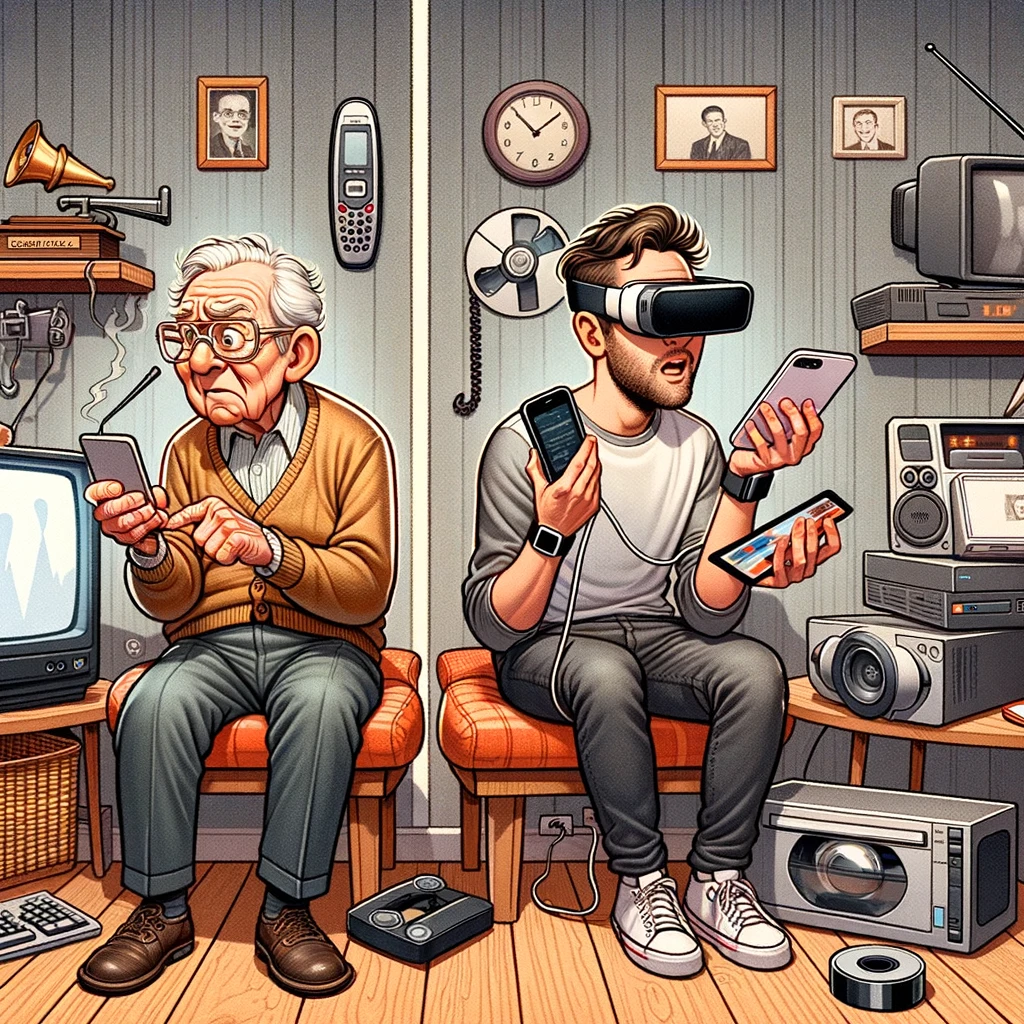
Millennials are digital natives, having grown up with the internet, smartphones, and social media, while many Baby Boomers had to adapt to these technologies later in life. This has led to differing levels of comfort and proficiency with digital tools, affecting communication, shopping, and entertainment habits, often causing frustration and misunderstandings between the generations.
3. Housing and Economic Outlook
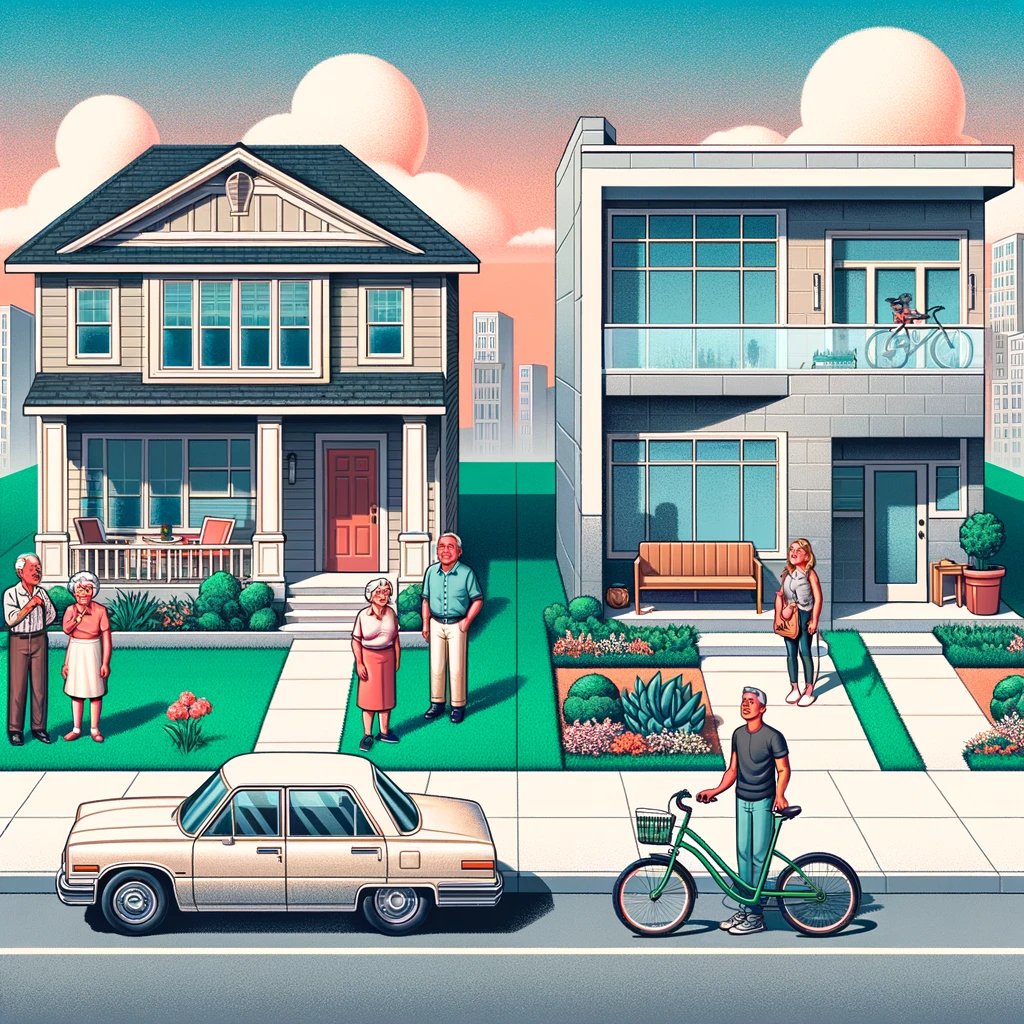
The economic landscape has changed dramatically from the post-war prosperity that many Boomers grew up in, to the economic instability and soaring housing prices Millennials face today. Boomers are often perceived as having had access to more affordable education and housing, contributing to tensions around discussions of financial hardship and opportunities for younger generations.
4. Environmental Concerns
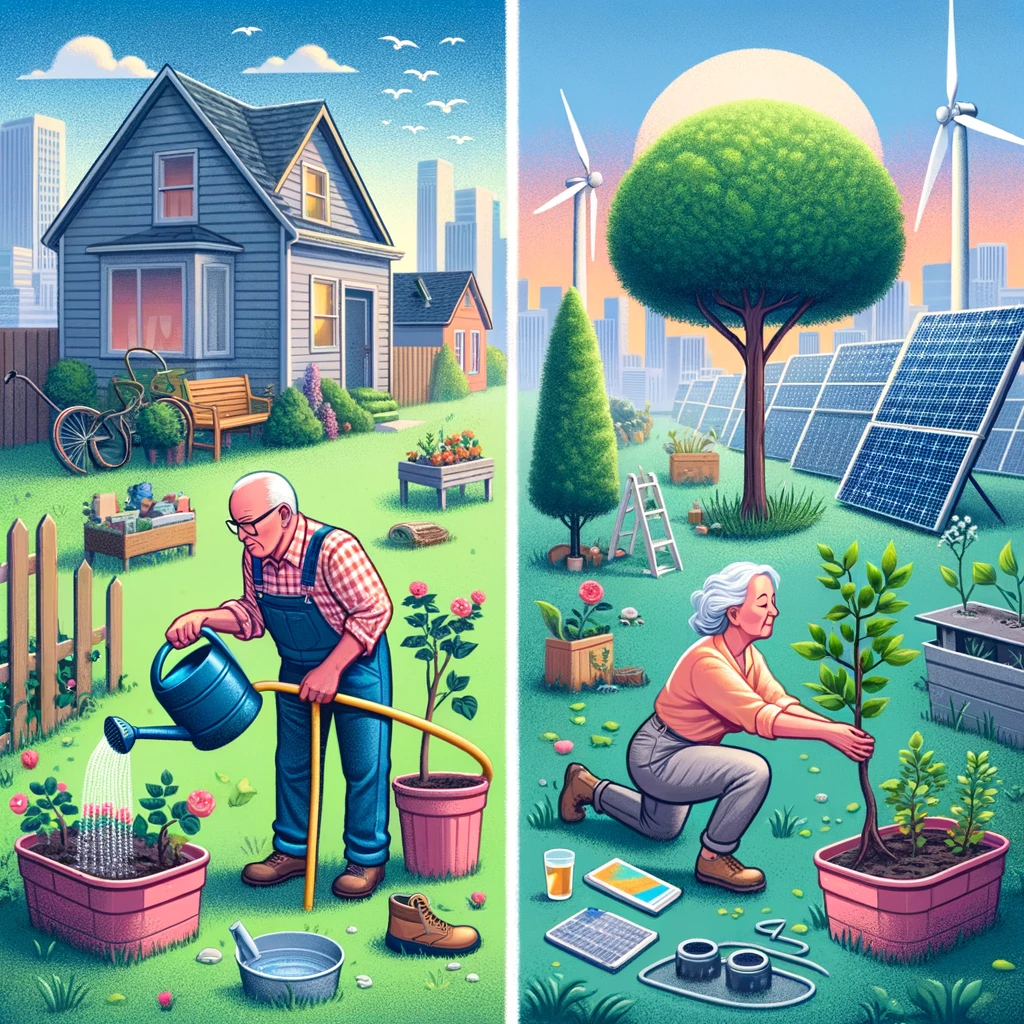
Millennials tend to be more vocal about climate change and environmental issues, advocating for substantial policy changes and personal lifestyle adjustments. While many Baby Boomers also care about the environment, the urgency and approaches to addressing these issues can vary significantly, leading to debates over the best strategies for protecting the planet.
5. Social Media and Communication
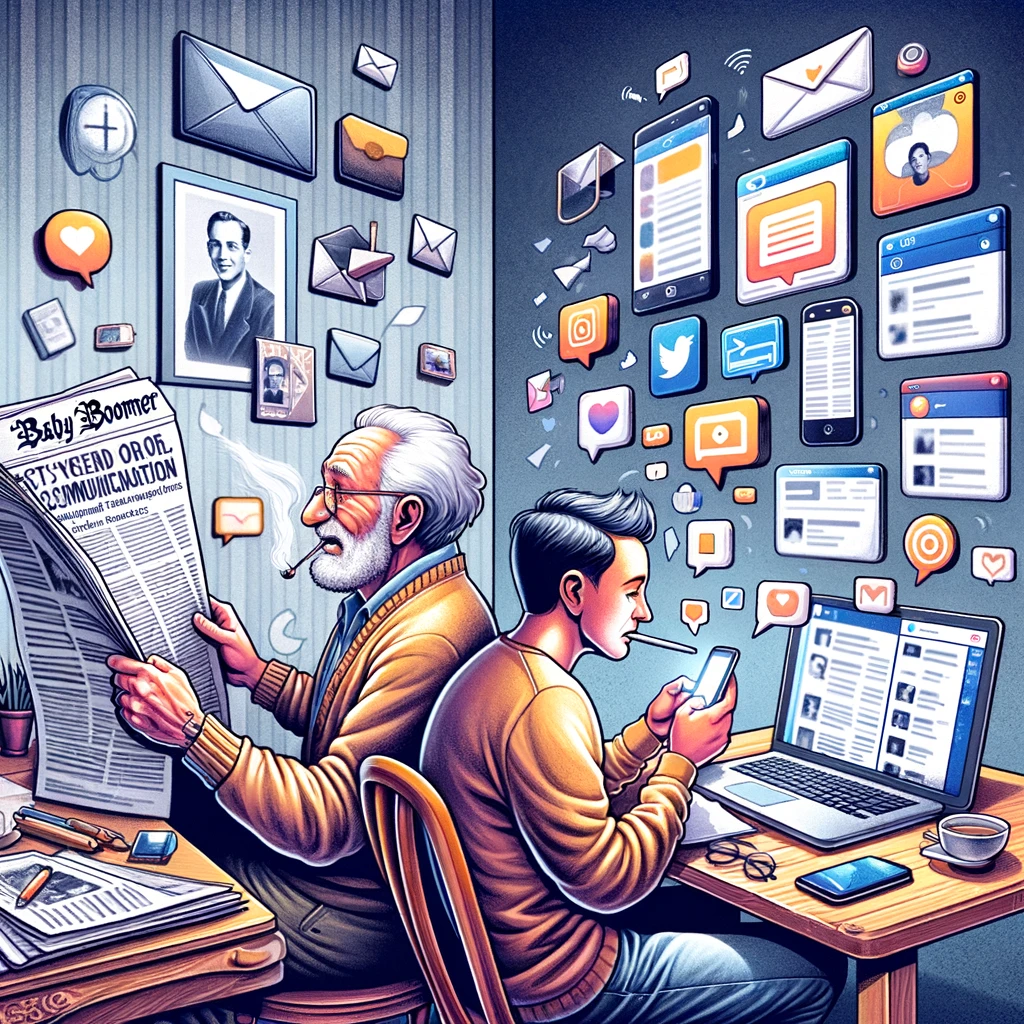
The rise of social media has transformed the way we communicate, and while Millennials are often criticized for their heavy use of these platforms, they argue that it allows for greater connectivity and awareness. Baby Boomers, however, may view these changes with skepticism, preferring more traditional forms of communication and expressing concern over the potential negative impacts of social media on interpersonal skills and mental health.
6. Political Polarization
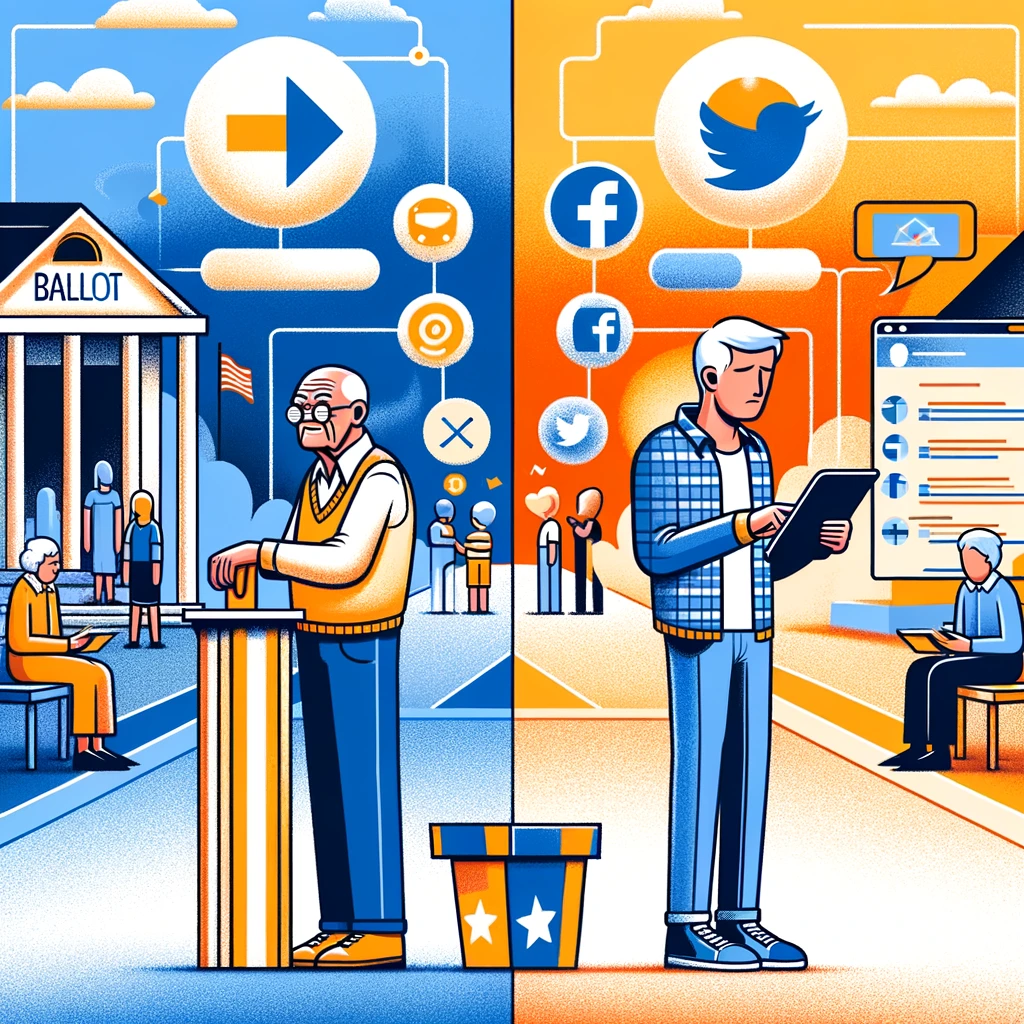
Political opinions and affiliations have become more polarized in recent years, with significant generational differences in perspectives on government, policy, and social issues. These differences can lead to contentious discussions, with Boomers and Millennials often finding themselves on opposite sides of the political spectrum.
7. Education and Its Value
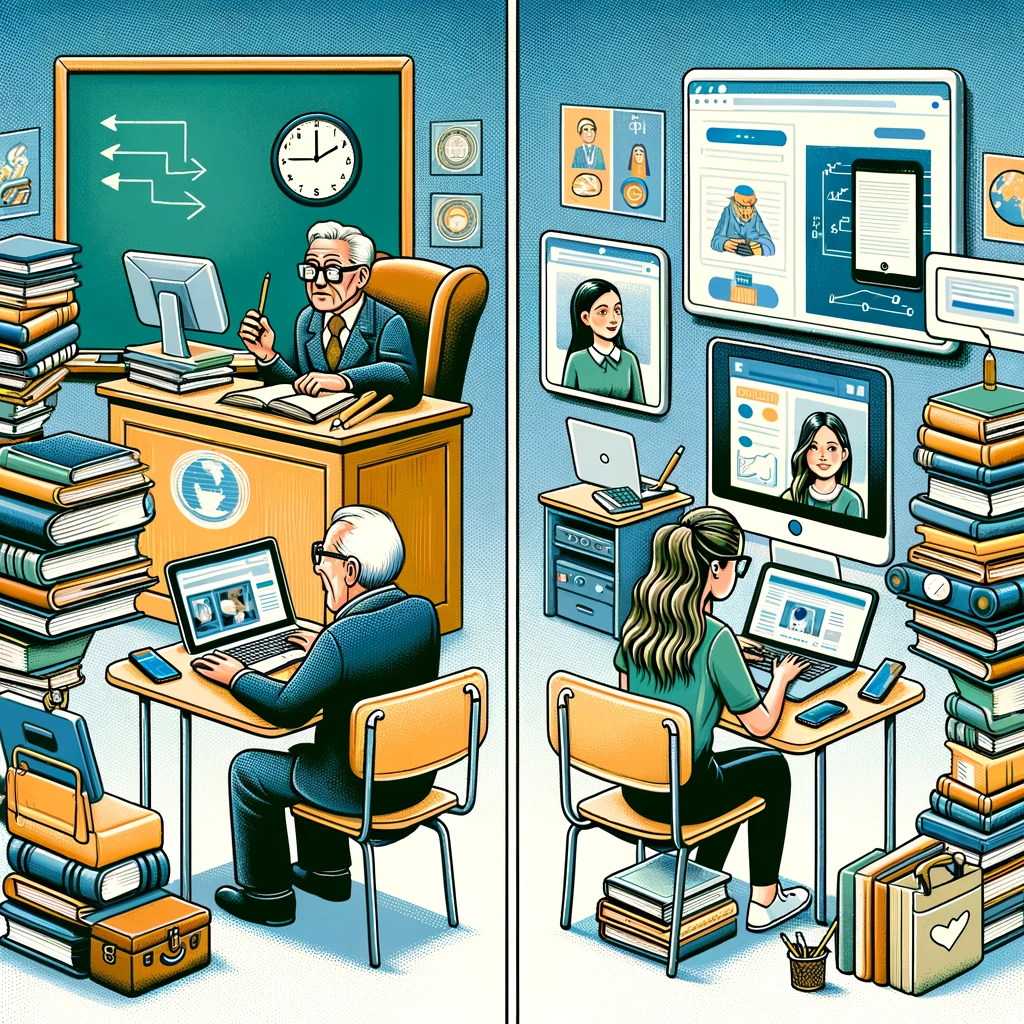
The value of a college education is a hotly debated topic, as Millennials face skyrocketing tuition costs and student loan debt. Many Baby Boomers view a college degree as a necessary step toward a successful career, while some Millennials question the return on investment, given the current economic realities.
8. Healthcare

Healthcare is another area of generational conflict, with differing views on the best models and policies to ensure access and affordability. Boomers are navigating Medicare and retirement planning, while Millennials are more likely to support universal healthcare models, reflecting broader differences in their approach to government and social safety nets.
9. Retirement Expectations
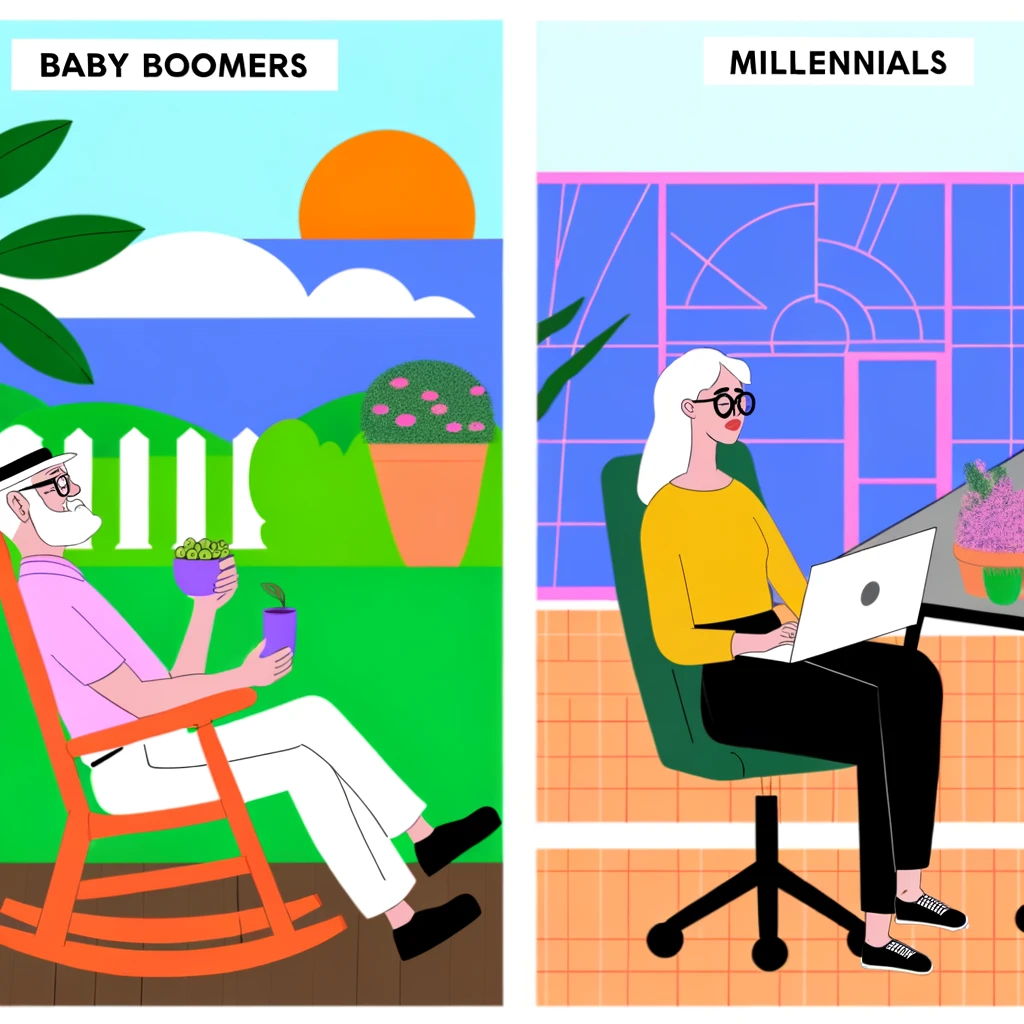
With changing economic conditions and evolving job markets, Millennials’ expectations for retirement differ significantly from those of the Baby Boomer generation. Many Millennials worry about the viability of social security and the feasibility of retiring at a similar age to their parents, leading to differing views on savings, investment, and government policy.
10. Views on Authority
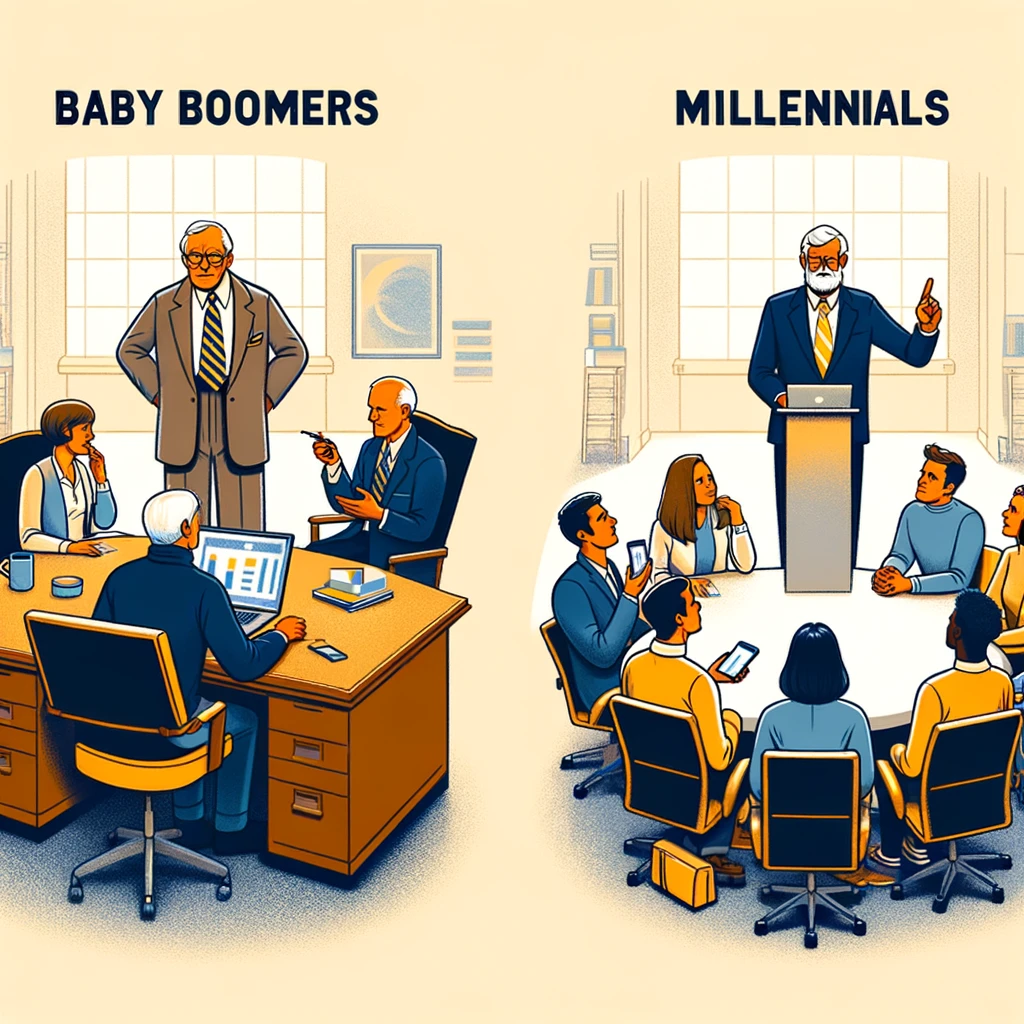
Baby Boomers grew up in an era where respect for authority and institutions was emphasized, while Millennials are more likely to question authority and challenge established norms. This has implications for politics, workplace dynamics, and family structures, with each generation bringing its own set of values and expectations.
11. Work-Life Balance
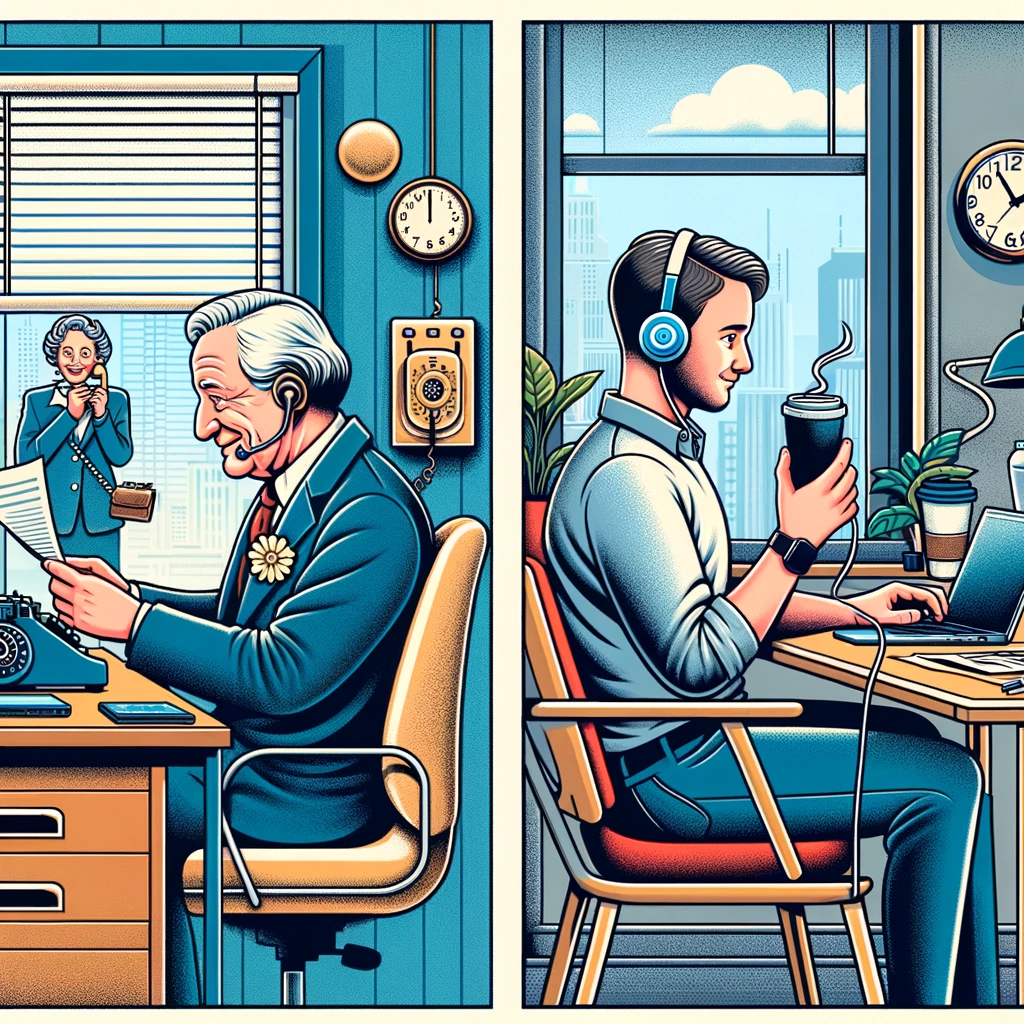
Millennials have been vocal about valuing work-life balance, seeking jobs that offer flexibility, remote work options, and a culture that prioritizes mental health. Baby Boomers, having often prioritized career and financial stability, sometimes view these desires as indicative of a lack of work commitment, sparking debates about what constitutes a fulfilling and balanced life.
12. Consumerism and Brand Loyalty
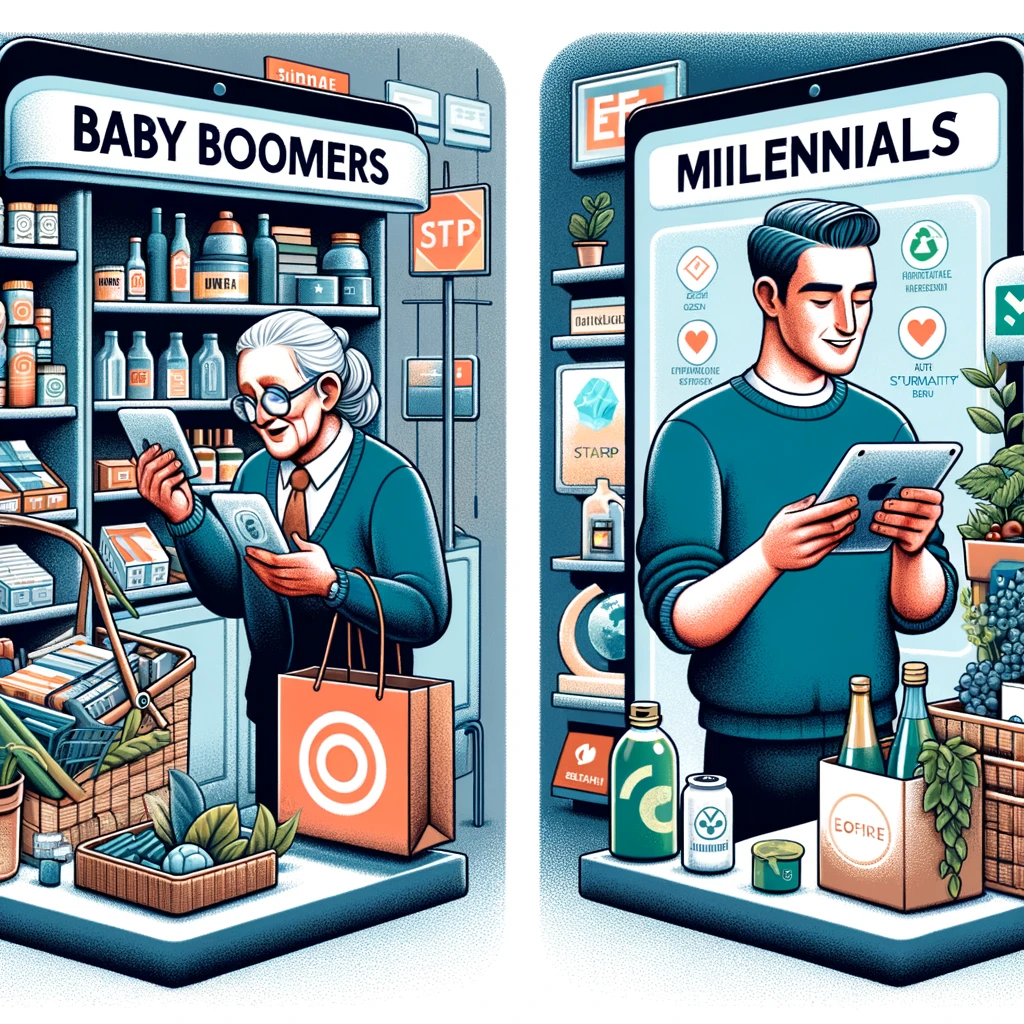
Differences in consumption habits and brand loyalty also highlight the generational divide. Millennials are often drawn to companies that prioritize sustainability, ethical practices, and social responsibility, while Baby Boomers tend to exhibit loyalty to brands they have used for years, regardless of these considerations.
13. Attitudes Towards Marriage and Family
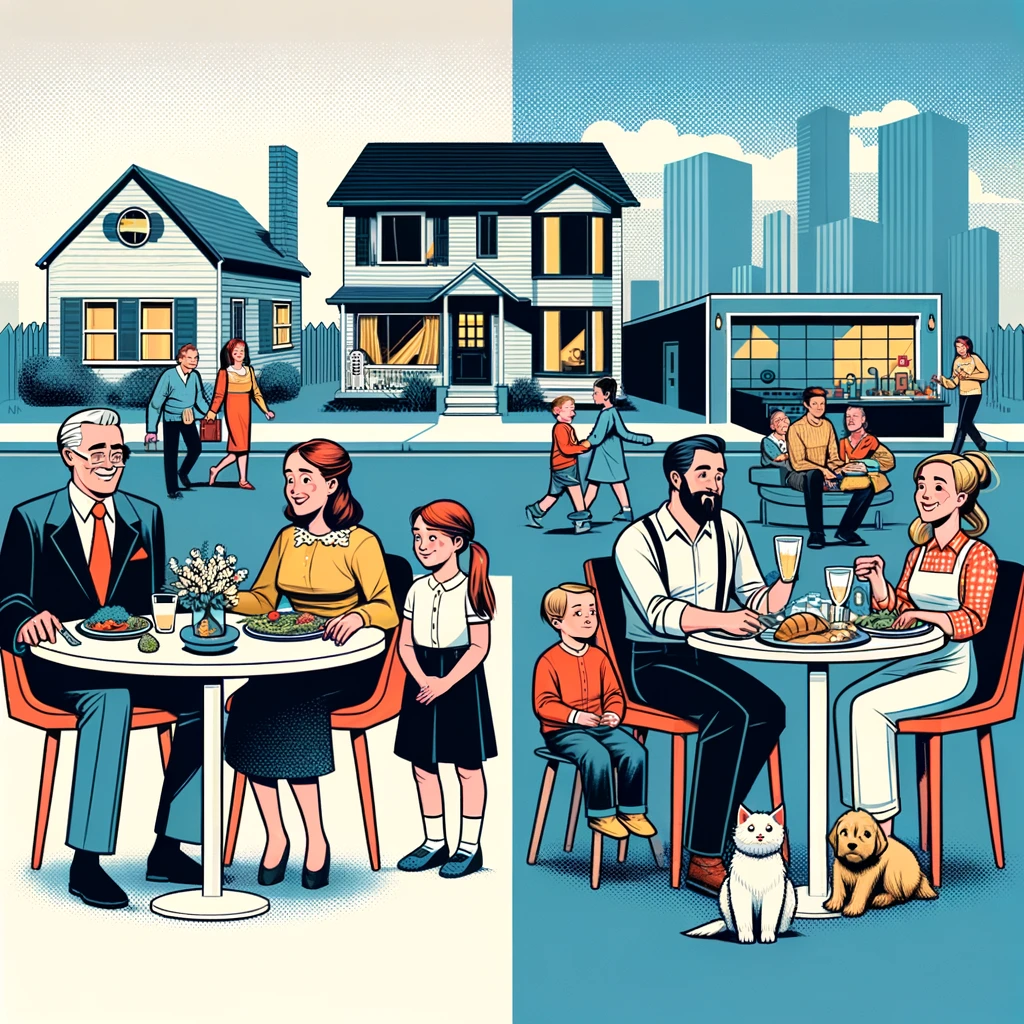
Millennials are getting married and starting families later in life than previous generations, often due to financial constraints and changing societal norms. This shift has led to discussions about the value and timing of these life milestones, with differing opinions on what is best for individuals and society.
14. The Gig Economy
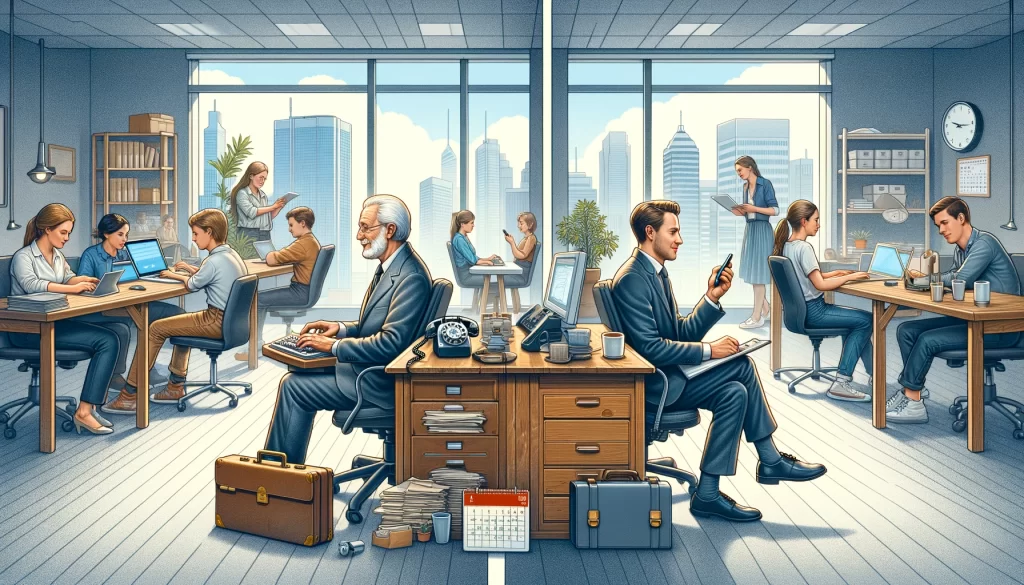
The rise of the gig economy has been embraced by many Millennials as a way to gain flexibility and independence in their work, whereas Baby Boomers may view traditional employment with benefits as a more secure and preferable option. This difference underscores broader debates about job security, workers’ rights, and the future of work.
15. Personal Privacy and Security
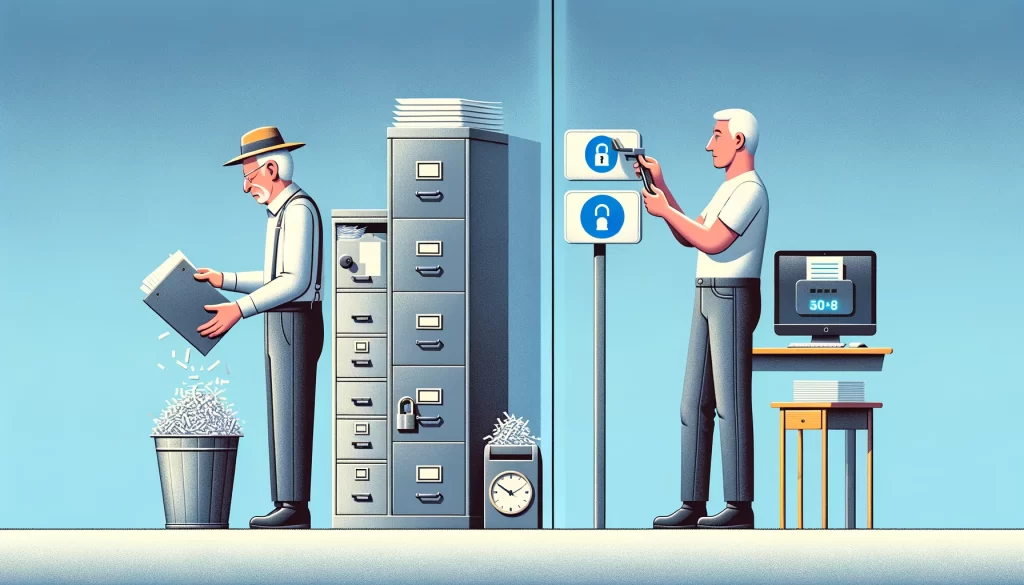
Finally, attitudes towards privacy and data security reveal generational divides, with Millennials often more willing to share personal information online in exchange for convenience or social connectivity. Baby Boomers, having lived much of their lives without the pervasive influence of the internet, may prioritize privacy more highly and be more cautious about online sharing.
Understanding the Issues Between Baby Boomers and Millennials is Key
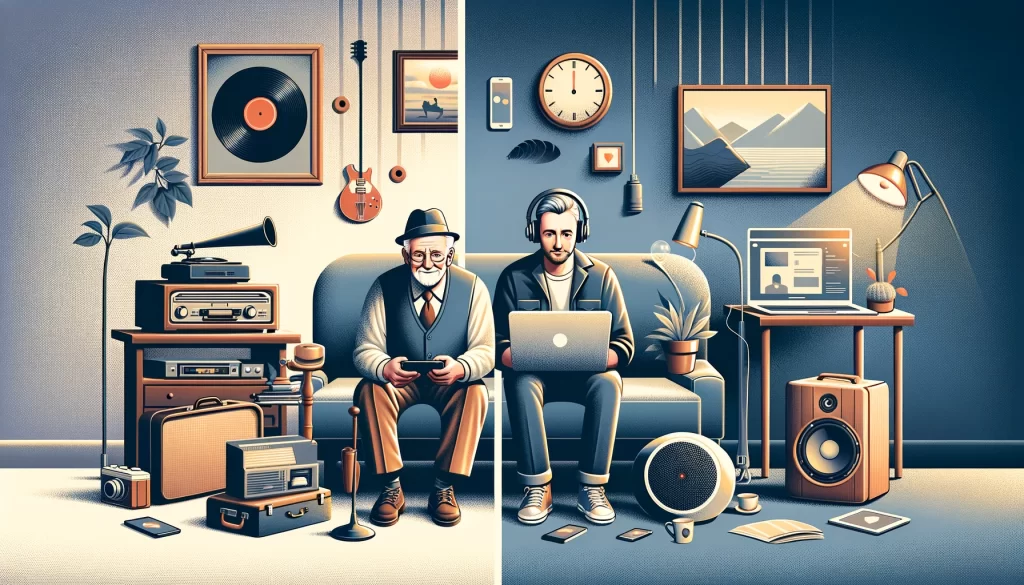
Understanding these contentious issues can help bridge the generational divide, fostering mutual respect and dialogue between Baby Boomers and Millennials. By acknowledging and discussing their differences, these generations can find common ground and work together to address the challenges facing society today.

